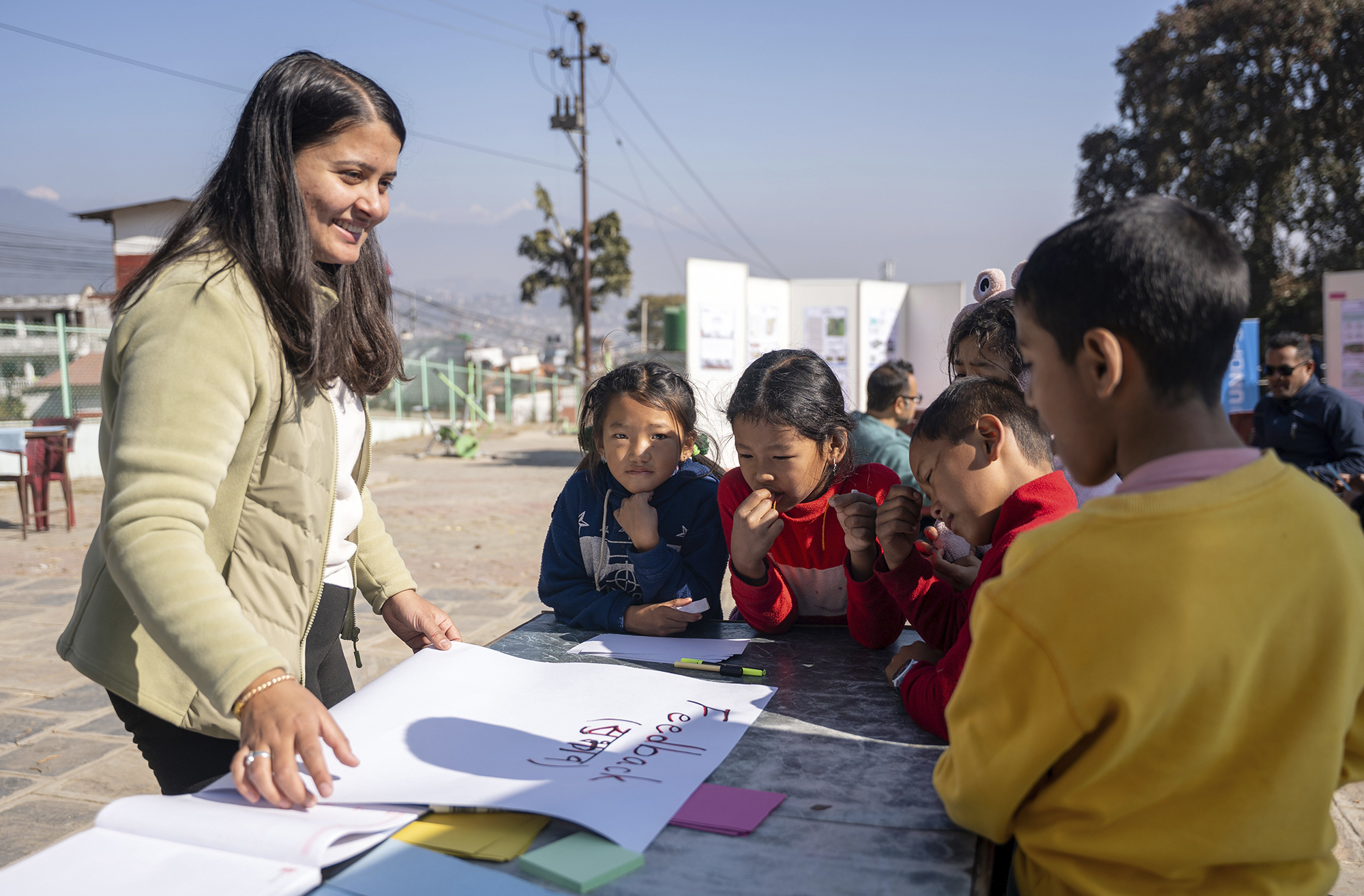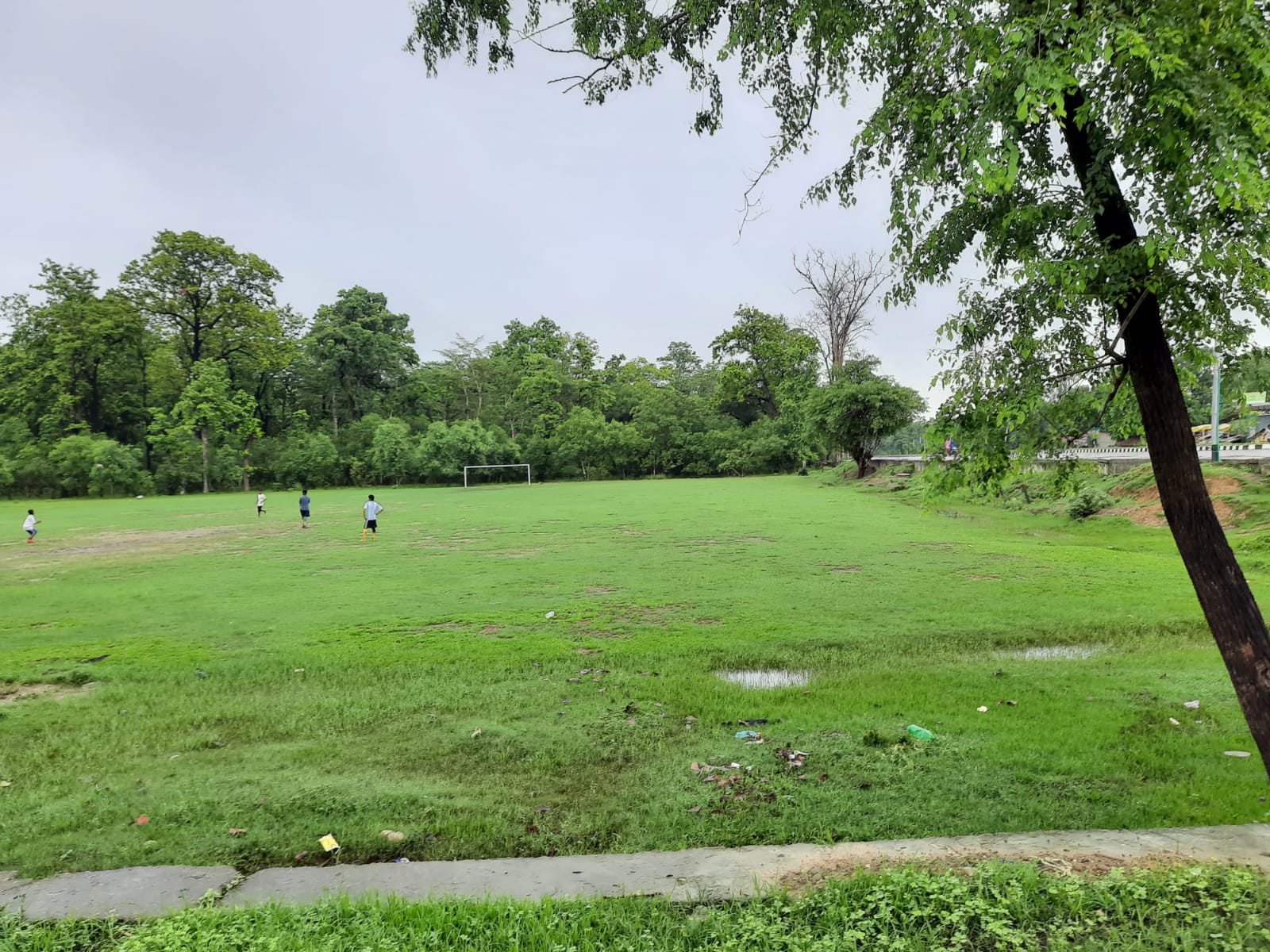For members of the Cities Alliance, one of the significant benefits of working with the partnership is access to learning opportunities and building networks.
In September 2015, Cities Alliance convened a learning exchange between three global urban poor networks: Shack/Slum Dwellers International (SDI) and Women in Informal Economy: Globalizing and Organizing (WIEGO), both members of the partnership; and the Fundación Avina, a non-profit based in Ecuador that promotes sustainable development in Latin America.
While the three organisations adopt a different approach, they all share a common vision of equitable, inclusive cities. The idea behind the learning exchange was for them to come together and compare approaches related to mobilisation strategies, building partnerships, and global advocacy from the perspective of community leaders.
Representatives from the three organisations met in Durban, South Africa for a four-day programme hosted by the South African SDI Alliance from 21-24 September. Participants included community leaders and supporting organisations from: Brazil’s SDI Alliance, the Ecuadorian Waste Picker Network, the Ecuadorian Network for Fair, Democratic & Sustainable Cities, the Association of Recyclers in Bogota, Colombia (Asociación de Recicladores de Bogota), Fundación Avina in Peru and Ecuador, WIEGO, Asiye eTafuleni (a network of informal workers in Durban), and the South African SDI Alliance (Federation of the Urban Poor, Informal Settlement Network, and the Community Organisation Resource Centre).
Visitors had a chance to learn first-hand about the South African Alliance’s approaches to community organising, including site visits to housing and informal settlement upgrading projects, a savings scheme and data collection for slum profiling. Each day ended with a reflection on the outcomes of the day and what worked or did not work.
Participants in the exchange also had the chance to accompany the South African SDI Alliance to a meeting with municipal and provincial authorities and the national government to discuss the progress of housing and upgrading projects. At the meeting, the visitors were able to see how the community had leveraged its savings and data collection activities into a partnership with local authorities based on trust and a willingness to work together.
In one of the exchange activities, a WIEGO affiliate in South Africa, Asiye eTafuleni, illustrated how it has adapted SDI’s enumerations tool to audit a large informal market in Durban. The South African SDI Alliance intends to establish a relationship with Asiye eTafuleni in Durban and possibly Cape Town. This relationship is important because it will enable the sharing of mobilising methodologies and a greater focus on informal workers within the South African SDI Alliance.
All of the participants found the exchange to be extremely useful. It was clear that the exchange will strengthen knowledge in several areas for each organisation and develop a strong foundation for collaboration among these organisations with similar interests.
The Latin American representatives very much appreciated how the South African Alliance used savings groups and enumerations to build social capital, upgrade communities, and work in partnership with local government.
In turn, South African representatives were particularly interested to learn from their Latin American counterparts about mobilisation and partnership strategies used by waste pickers and recyclers’ movements. This will be the focus of the second part of the exchange, hosted by WIEGO in Colombia.
For more about the SDI-WIEGO-AVINA exchange, see the excellent blog post “SDI, WIEGO & Avina: Growing a Global Coalition of the Urban Poor” by Yolande Hendler on the SDI South African Alliance website: http://sasdialliance.org.za/sdi-wiego-avina-growing-a-global-coalition-of-the-urban-poor/




